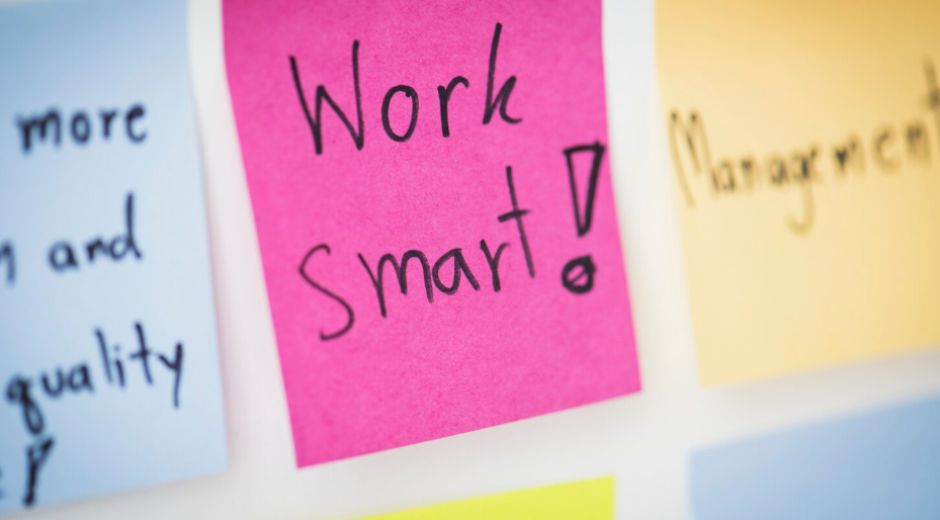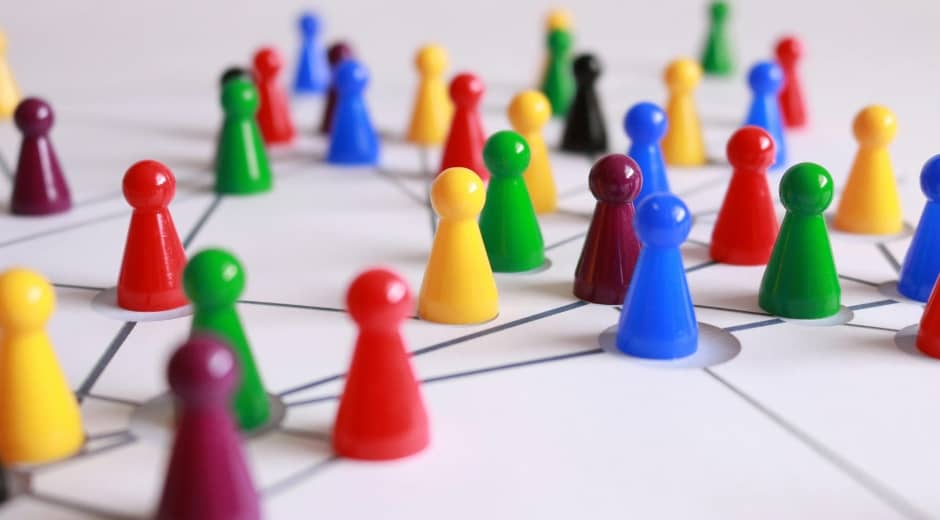8 Productivity Hacks That Transform Your Study Routine
8 Productivity Hacks That Transform Your Study Routine
Boosting productivity while studying doesn’t have to be complicated. With small, actionable strategies, you can make every study session more efficient, retain information better, and reduce wasted time. By applying these 8 productivity hacks, students can focus more, work smarter, and achieve better results without burning out. Every tip can be adapted to your personal routine, helping you stay organized and motivated throughout your learning journey.
For more tips on improving your workflow and focus, check out GamingNewsHead for insights into how structured routines and focused habits improve performance in gaming and beyond. Also, explore professional insights and networking opportunities on LinkedIn to see how productive habits translate into career success.
1. Practice Mind Mapping
Break your study time into short, concentrated bursts using techniques like Pomodoro. Timing sessions increases productivity, reduces mental fatigue, and strengthens your ability to focus deeply.
Tip: Try 25 minutes of focused studying followed by a 5-minute break. Over time, gradually increase session lengths. This habit improves attention span, retention, and overall learning effectiveness.
2. Prioritize Tasks with a To-Do List
Listing tasks in order of importance helps maximize productivity and ensures critical topics are addressed first. Prioritization prevents wasted effort on low-value activities and enhances study efficiency.
Tip: Use digital apps or notebooks to track daily tasks. Checking off completed items provides motivation, reinforces discipline, and supports sustained focus for longer study periods.
3. Optimize Your Study Environment
A clutter-free, quiet space improves productivity and allows better concentration. Proper lighting, ergonomic seating, and minimal distractions enhance focus and cognitive performance.
Tip: Remove phones or notifications and keep only necessary materials on your desk. Consider soft background music or white noise to maintain concentration, increasing study effectiveness.
4. Combine Active Recall with Practice
Active recall—testing yourself instead of passive reading—boosts productivity and significantly strengthens memory retention. Practice quizzes, flashcards, or summarizing information improves learning depth and efficiency.
Tip: After reading a chapter, write down key points from memory. Comparing with notes identifies gaps, reinforces understanding, and encourages consistent review habits that improve learning effectiveness.
5. Set Specific Goals for Each Session
Having clear objectives for each study session enhances productivity and reduces procrastination. Specific goals give purpose to each activity, making progress measurable and meaningful.
Tip: Instead of “study math,” set goals like “complete 10 algebra problems and review solutions.” Reward yourself after achieving them. Structured goals reinforce time management and study effectiveness.
6. Limit Multitasking
Switching between tasks lowers productivity and increases mental fatigue. Focusing on one task at a time allows deeper understanding, faster completion, and higher quality results.
Tip: Turn off social media, email notifications, or other distractions while studying. Dedicating uninterrupted blocks to a single topic ensures sustained focus and efficient learning.
7. Use Technology Wisely
Apps and tools can improve productivity if used strategically. Task managers, note-taking apps, and flashcard programs streamline study routines, saving time and increasing learning efficiency.
Tip: Experiment with apps like Notion, Trello, or Anki to organize study materials, track progress, and optimize your schedule. Avoid using devices for entertainment during focused sessions.
8. Take Care of Your Body and Mind
Physical and mental well-being are crucial for productivity and cognitive performance. Adequate sleep, exercise, and hydration improve focus, energy, and memory retention.
Tip: Schedule short stretching breaks, drink water regularly, and maintain a balanced diet. Mental rest ensures long-term retention, reduces burnout, and increases learning efficiency over time.
Final Thought
Implementing these 8 productivity hacks can transform your study routine and significantly improve outcomes in less time. Consistency is key—small daily improvements compound into substantial academic gains. For more practical strategies, tips, and guides on maximizing learning efficiency, explore StudySkillUp and unlock your full potential. Additionally, check LinkedIn to understand how structured habits and efficient routines support long-term professional growth.
Education Made Simple

Study Focus Techniques That Actually Work
Study Focus Techniques That Actually Work

Learning Skill Awareness For Smarter Study Choices
Learning Skill Awareness For Smarter Study Choices












